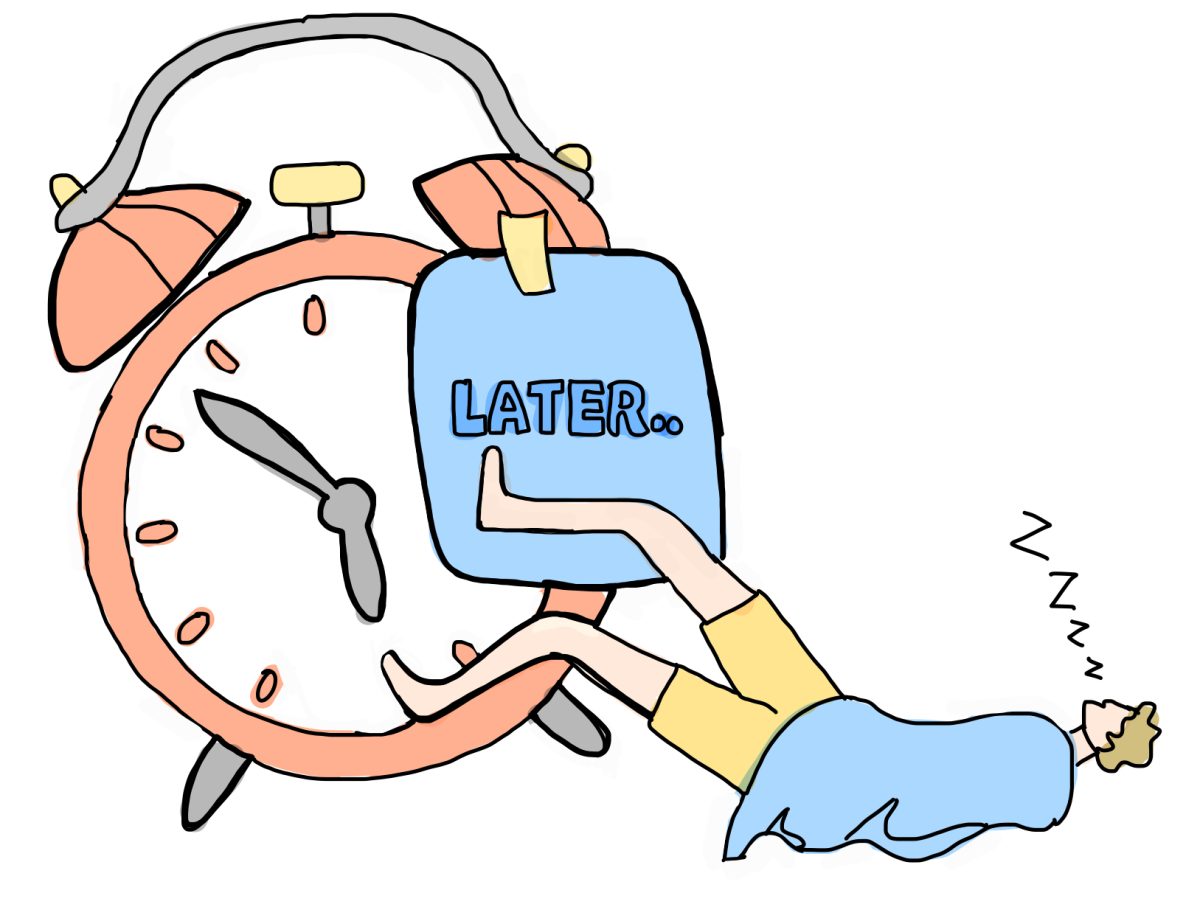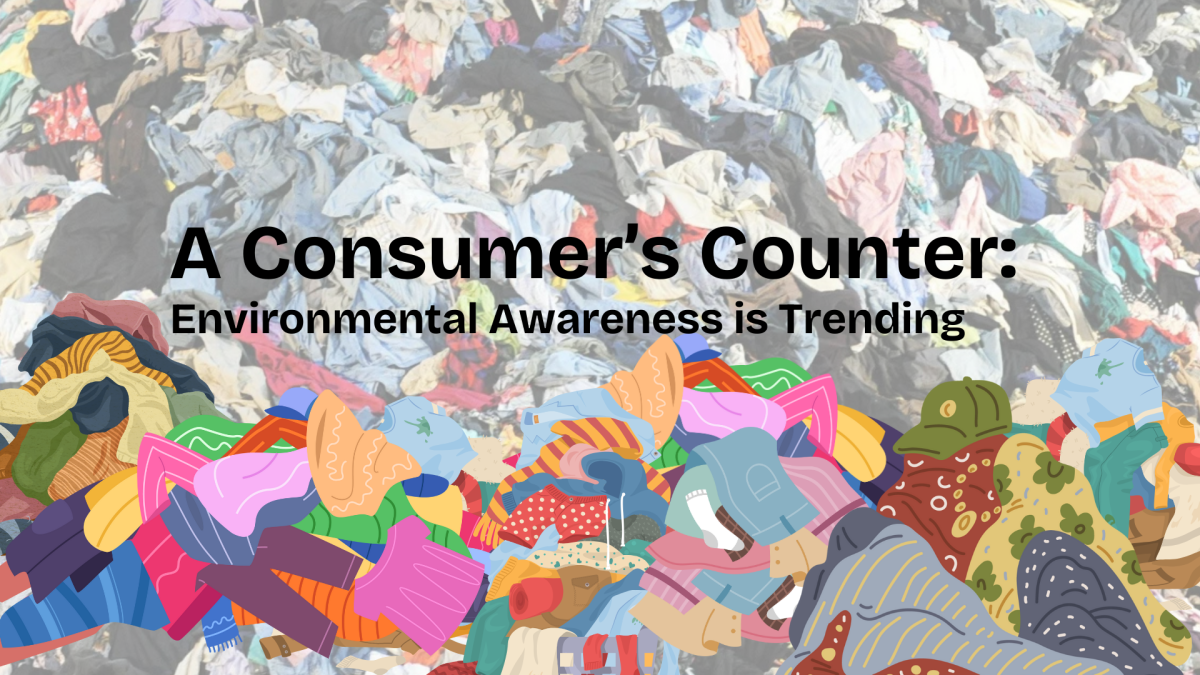Almost all students have come into contact with procrastination before, whether typing the first word of an essay a couple of hours before its due date or cramming two weeks’ worth of material the night before a science test. While it might be seen as inconvenient and stressful at times, procrastination is proven to have a much more alarming effect on students.
Procrastination is defined as the act of putting off a task until the last minute or past the deadline. While students are often able to recognize that procrastination can induce stress and damage their mental health, we do it anyway. One of the biggest factors that advance procrastination is the idea that you have to feel ‘inspired’ to work on a task at a given moment.
“The reality is that if you wait until you’re in the right frame of mind to do certain tasks (especially undesirable ones), you will probably find that the right time simply never comes along and the task never gets completed,” Kendra Cherry, a psychosocial rehabilitation specialist stated in a Very Well Mind article in 2024.
Waiting for the perfect time isn’t the only reason for procrastination. Perfectionism often hinders students’ ability to complete tasks on time.
“A lot of times I end up procrastinating my work because I don’t think it’s good enough. But then, I end up just not doing it at all or until the very last minute. It can be really stressful,” said Johnston student Lydia Luo’ 26.
However, procrastination brings its own set of challenges that stretch dangerously beyond missing deadlines.
A study conducted by researchers at the University of Calgary surveyed 107 undergraduate students and found that those who procrastinated experienced higher levels of stress and anxiety compared to those who did not procrastinate.
“Procrastination is the result of avoidance and both the result of and driver of anxiety. Anxiety associated with procrastination continues to fester and grows over time,” Alicia Clark, licensed clinical psychologist and assistant professor at the Chicago School of Professional Psychology stated.
Unfortunately, the harmful effects of procrastination don’t end after high school; they continue to follow you into adulthood and your career, where they can still take a toll.
“Your career plans don’t have deadlines or accountability, no one is pushing you or holding you accountable. When dreams or desires go unrealized or unfulfilled because of a lack of progress which is directly tied to a lack of activity, then you are a passive observer of your dreams and of your life. This is the true and brutal cost of procrastination,” Oxford HR, a global leadership consultancy stated.
Fortunately, it’s not too late to escape the vicious cycle of procrastination, because lucky, there are ways to combat it.
One simple way to avoid procrastination is the 2 minute rule. If a task takes less than two minutes to complete, such as making your bed or sending an email, you should finish it immediately instead of postponing it.
For larger and more time consuming tasks, it is important to start small. By breaking large tasks down to smaller parts, the main task is much more manageable and less overwhelming.
A lot of times, procrastination occurs when we are distracted from completing the task at hand. Minimizing distractions by turning off notifications on your phone, or creating an organized place to do your work often helps students get started on the task.
Working against procrastination is a tough battle. It’s important to celebrate your achievements, no matter how small the accomplishment. By rewarding yourself for finishing tasks, you can increase your motivation and reduce procrastination.










